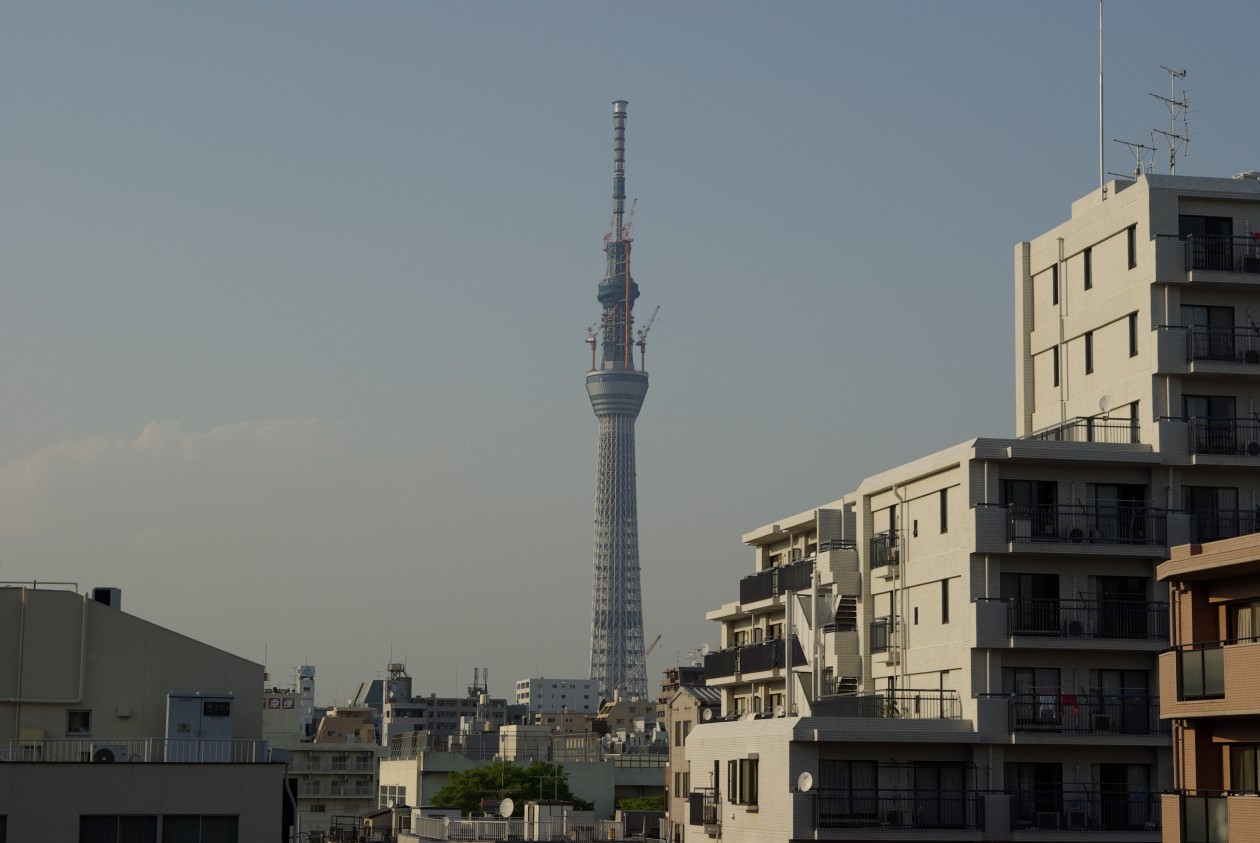Where to begin with fashion?
As companies can produce more and more colours with new machinery, so can advertising come up with new vocabulary. In everyday conversation people still use the old ‘red’ and ‘blue’, but increasingly they use different descriptors for their new environment. Lots of those new words come from English, but many come from French or Italian. Mind you, look around you and where do you still see colours that are pure whatever?
This idea is nothing unique to Japanese. The English also use colours that are not pure whatever; they use turquoise (from Turkish) and aquamarine (from sea water) and cobalt (from some nasty mineral; you’d die if you touched it) and suede (from Swedish), although the last one is leather and that too can now be dyed in many colours.






































































































































































